Development of co-generation systems and fuel cells for high efficiency
The Japan Gas Association
Outline
The city gas industry will contribute to Japan’s global warming countermeasures and the 2030 target in the long-term prospect of electricity demand, by shifting natural gas and promoting low carbonization on the demand side with such as high-level usages of natural gas, in the short to medium-term. In the medium to long term, we will take on the challenge of further low-carbonization and decarbonization through innovations such as methanation technologies.
As a transition technology, the Japan Gas Association has formed a consortium with manufacturers and universities and are developing technologies for high efficiency of gas engines, which is one of the co-generation systems. Specifically, high output is one of the effective means for high efficiency of gas engines, and we are working on clarifying and solving issues of them. Also, developing of fuel cells, which are also one of the co-generation systems, are progressing by some city gas companies.
Description
Co-generation systems generate electricity in places where it is needed, using city gas as fuel which are friendly to the environment. And they generate heat at the same time for cooling, heating, hot water, steam, etc. They are very efficient system and one of the typical decentralized energy systems. It has also attracted attention from the viewpoint of such high resilience in natural disasters. The city gas companies are working on high efficiency to spread gas engines and fuel cells, which are co-generation systems.
・ High output is one of the effective means for high efficiency of gas engines. However, when realizing this high output, high functionality of the supercharger (equipment to increase the pressure of the air inhaled by the internal combustion engine more than the pressure of the intake port) is required. Further, in that case, abnormal combustion become to occur more often, and combustion control become difficult. So, it is necessary to solve the problems such as suppression of abnormal combustion and clarification of the ignition requirements.
・ Therefore, in the National project conducted by NEDO, the Japan Gas Association and the Sustainable Engine Research Center Co., Ltd., have worked on the development of elemental technologies for the realization of high output using a gas engine with a sub-chamber ignition, and the plan for the development of elemental technologies.
・ In this National project conducted by NEDO, we are working on the development of the following elemental technologies using a single-cylinder gas engine with a sub-chamber ignition, in order to achieve high output.
① Clarification of requirements for lean burn torch combustion by using of ultra-high boost
② Elucidation of abnormal combustion mechanism and understanding of its factors
(※1) Pme ... a physical quantity that shows the amount of work that a gas engine makes per unit volume, in pressure units
(※2) Lean Burn ... burning in a thinner fuel than the theoretical air-fuel ratio
・ The Japan Gas Association provides information on the development of these elemental technologies to gas engine manufacturers. Also, we aggregate opinions and requests from manufacturers, and provides feedback to the technology development side.
In the future, engine manufacturers will try to improve the power generation efficiency by making prototype based on the knowledge obtained through these basic technology developments.
・ As for fuel cells, some city gas companies are working to improve the efficiency of solid oxide fuel cells (SOFC). The solid oxide fuel cell use ceramics as an electrolyte where oxygen ions move. And its operating temperature is so high (about 700 to 900 degrees C). By utilizing this heat, it is possible to cover some of the energy required for reforming of city gas, so it can achieve high efficiency. We will continue to improve and aim for even higher efficiency.
Partner(s)
・ Sustainable Engine Research Center Co., Ltd.(http://serc.co.jp/index.html)
Supplementary information
Long-term vision for global warming countermeasures of the Japan Gas Association
https://www.gas.or.jp/kouken/
NEDO Press Release
https://www.nedo.go.jp/news/press/AA5_101279.html
Other Innovation Challenges
Environmental load reduction in marine transportation by expansion of LNG bunkering
The Japan Gas Association
The challenge of low-carbonization and decarbonization of raw material for city gas through methanation technologies
The Japan Gas Association
The contribution to global warming countermeasures and high resiliency with area-wide utilization of decentralized energy system
The Japan Gas Association
Similar Innovation Challenges
Achieving net zero carbon emissions from paint finishing processes
Taikisha Ltd.
Activities for reducing GHG of business operations in Nissin Electric Group
Nissin Electric Co., Ltd.



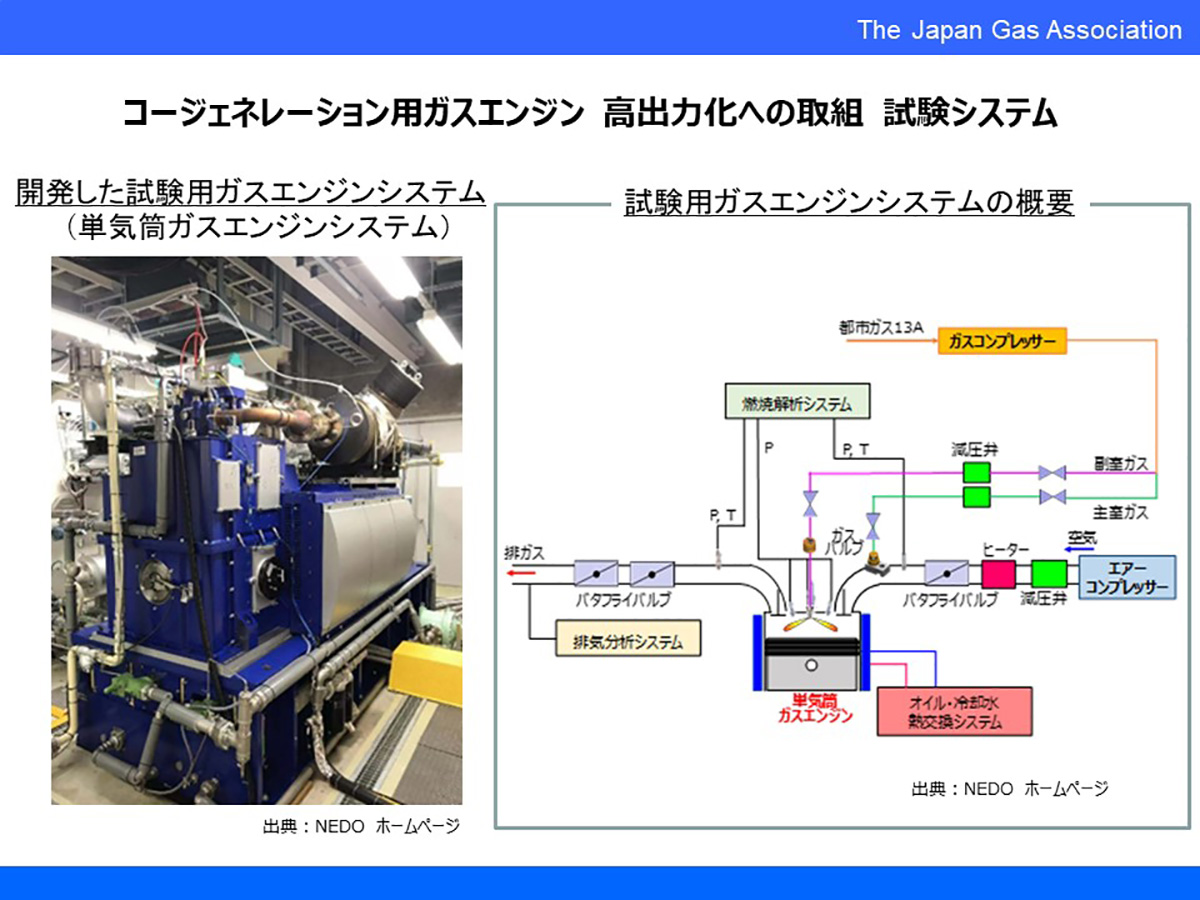
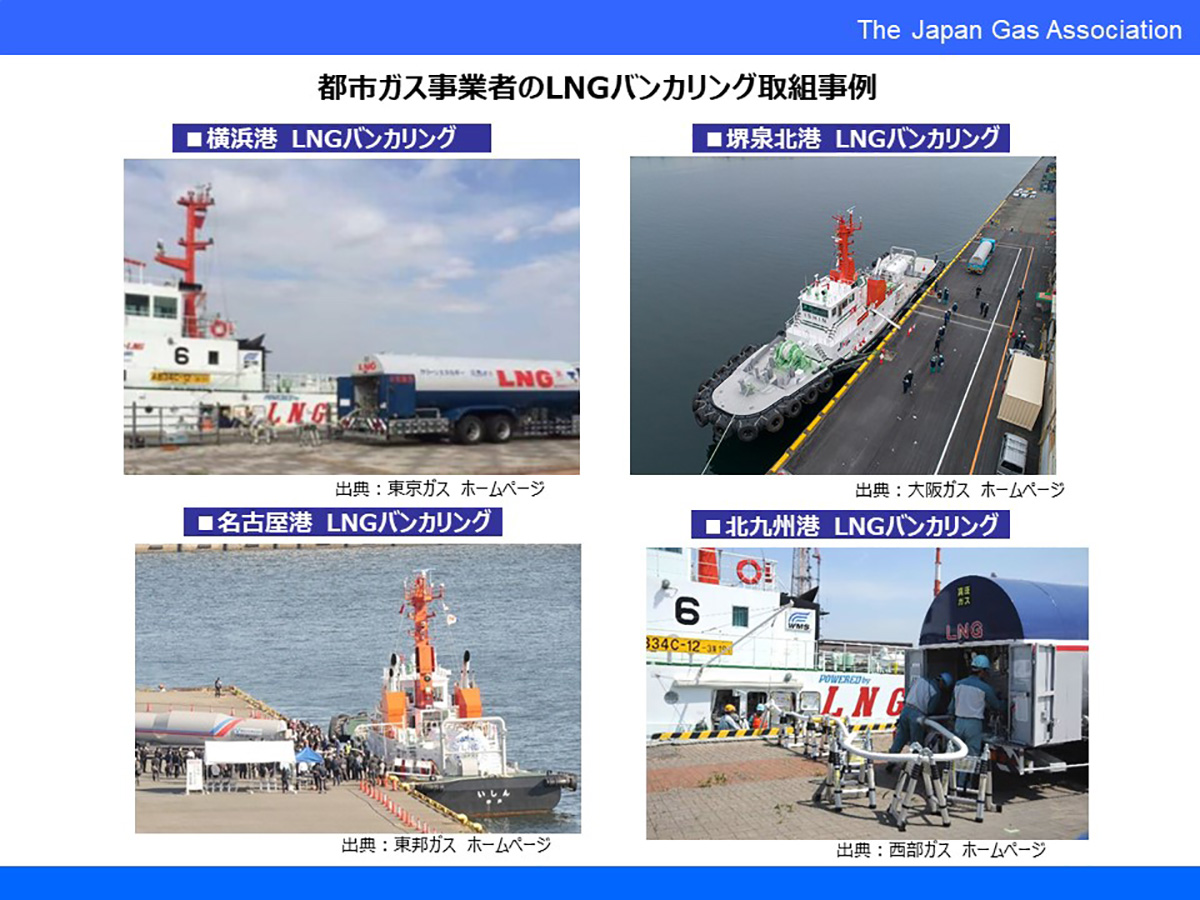
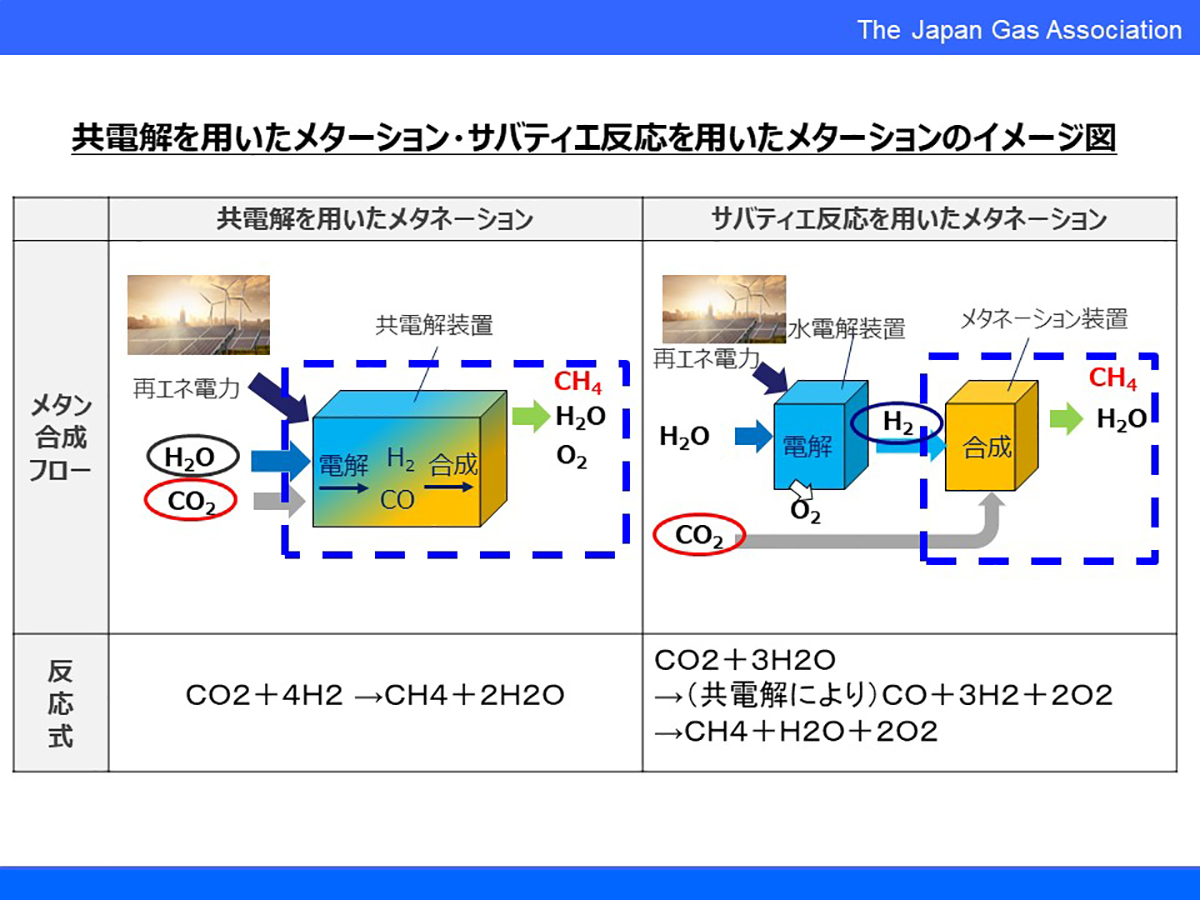
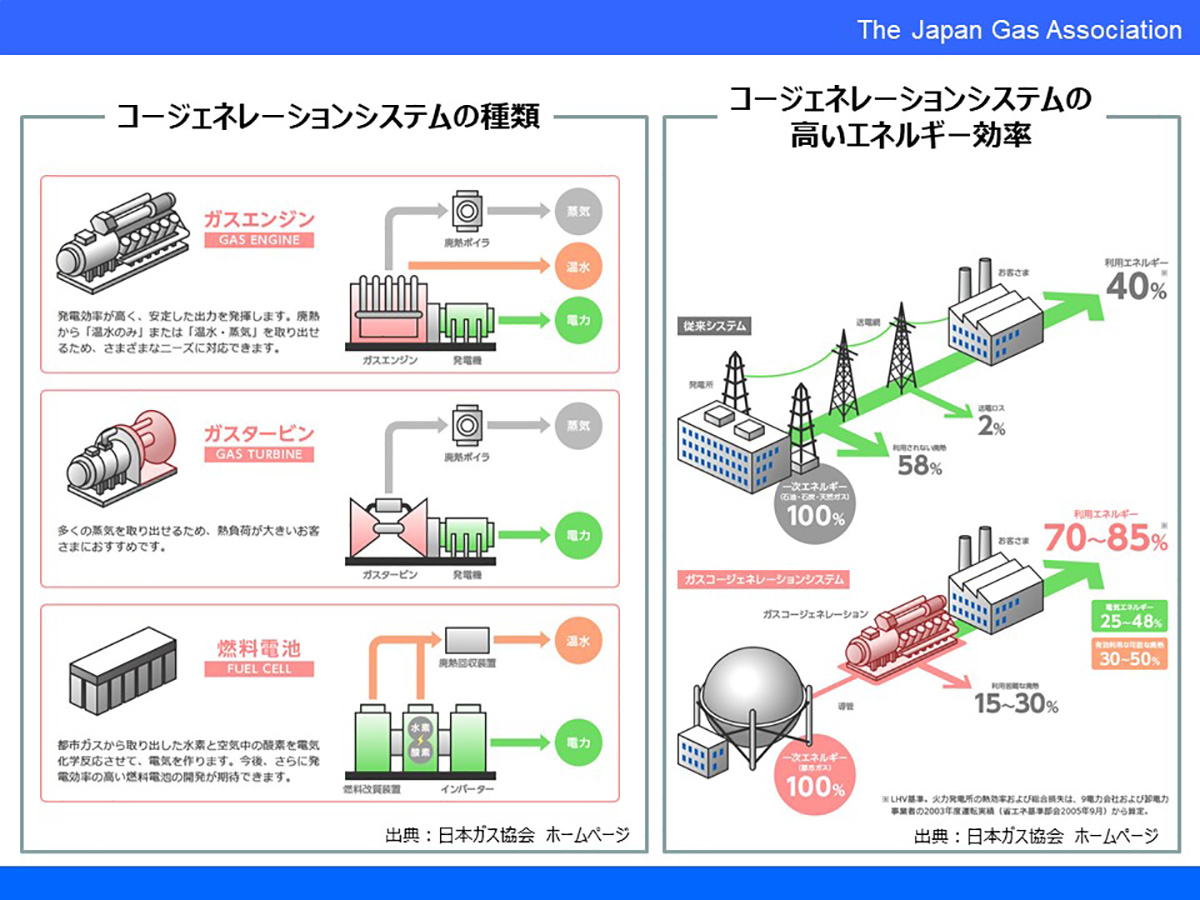

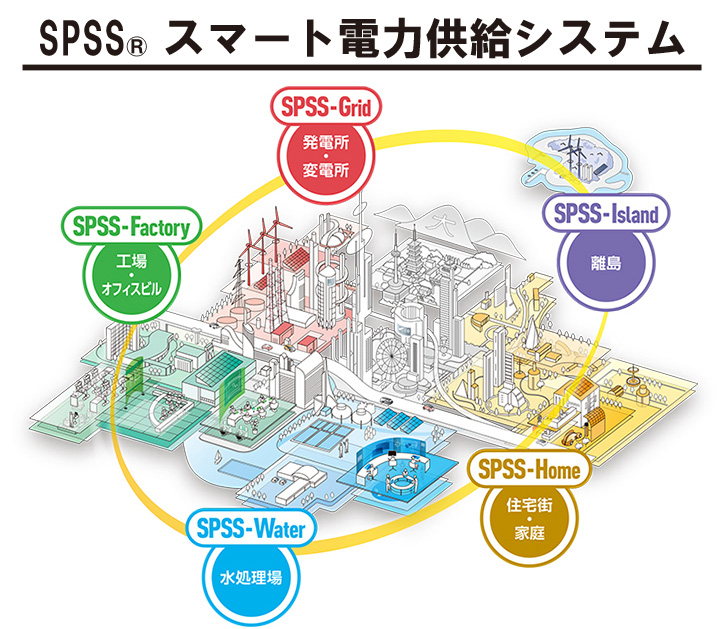
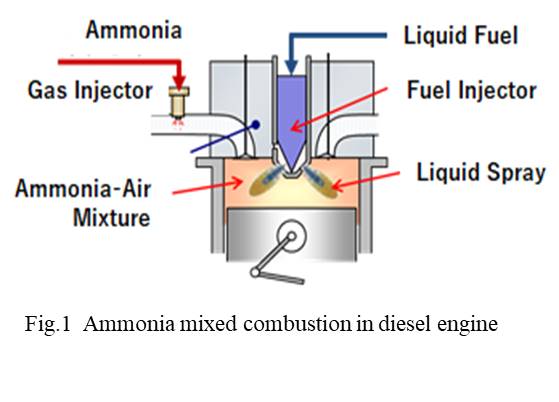
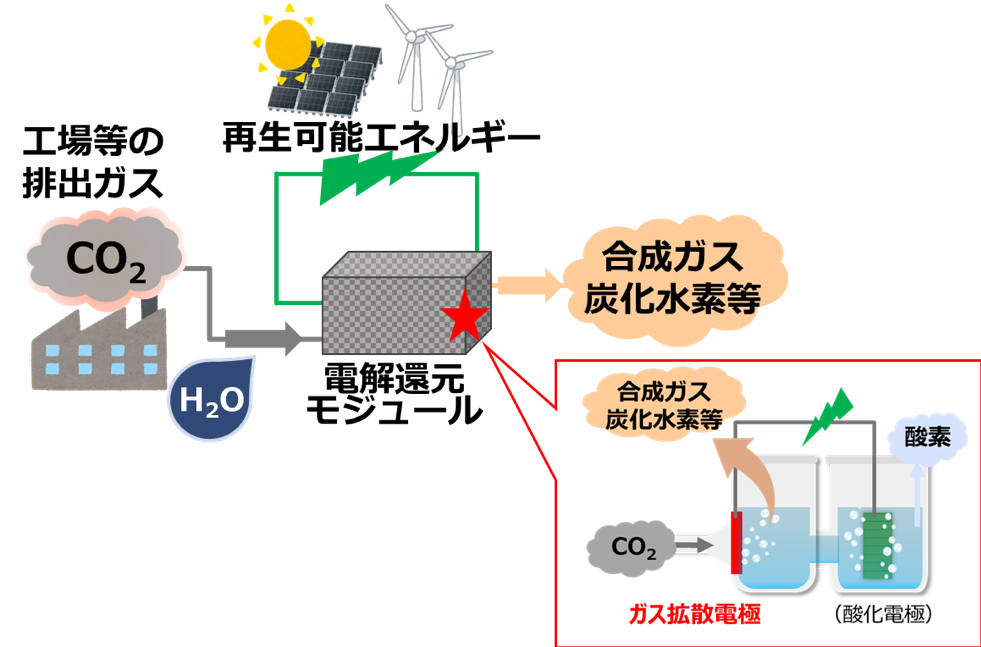
-1人工光合成技術.jpg?id=2&tid=759&imageNumber=1)